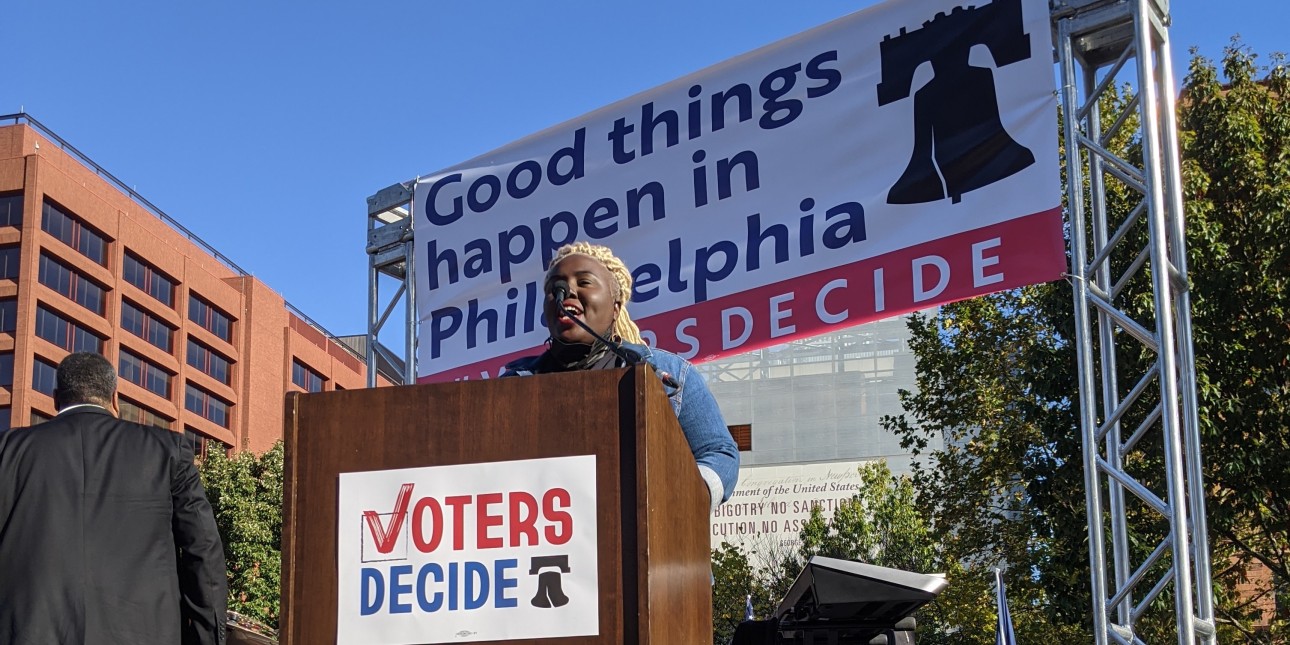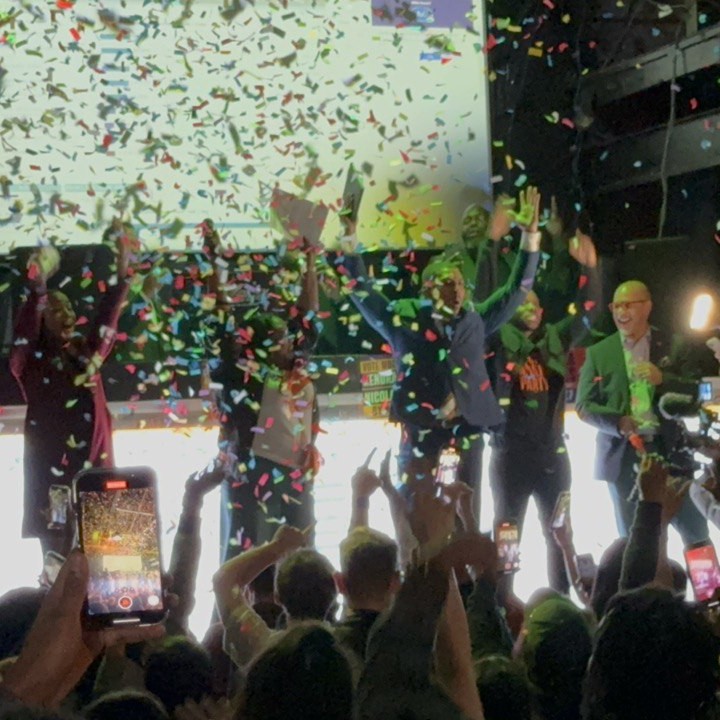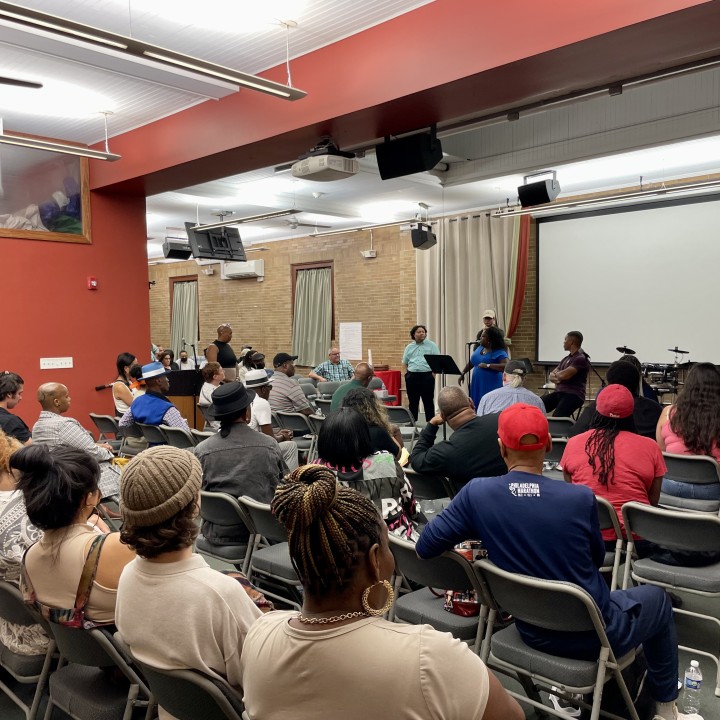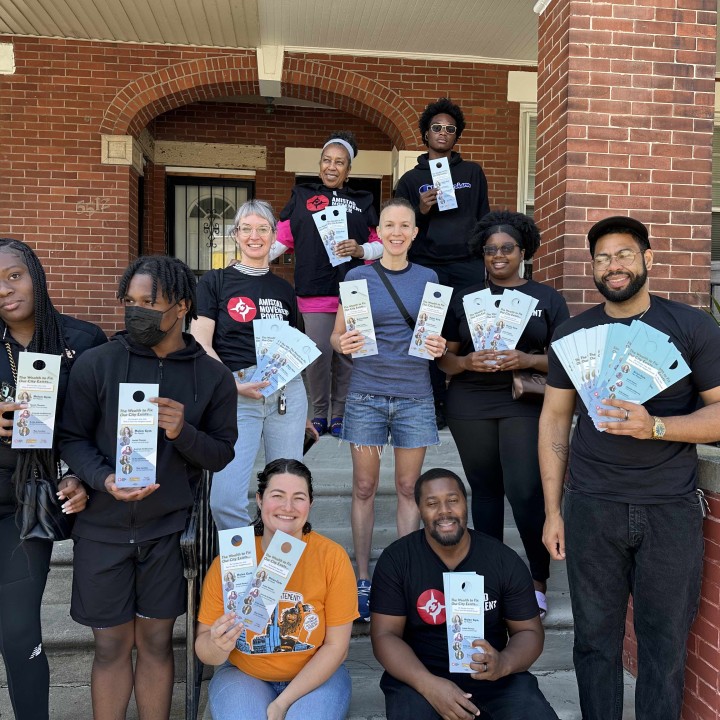Building the Politics of Liberation to End Mass Incarceration

"Hide nothing from the masses of our people. Tell no lies. Expose lies whenever they are told. Mask no difficulties, mistakes, failures. Claim no easy victories" - Amílcar Cabral
Elections matter...
During elections we can vanquish opponents to decarceration at the polls and we can also put members and allies of progressive movements in power. In doing so we can advance the aims of our movements like bringing people home from state prison and creating public safety alternatives to the police. However, elections are also a place where we can get seduced by fantasies. We can get fooled by grifters who care more about their egos and careers than making any change for everyday people. Worse we can mistake progressive elected officials for saviors who will 'fix everything' for us instead of understanding that they also need to contend with power to get things done and that they need our help to out maneuver those who oppose us. While winning at the polls can advance our aims there are no shortcuts. We need to build a big, powerful movement with political clarity to bring people home from prison, reunite families and get free. As such we try to be as clear as possible and we make the following distinctions in our political support.
Movement candidates
Movement candidates are people who are running for office who either come out of our movements or who have made a deliberate choice to be in a deep and ongoing relationship with them. They are not just people who 'say the right things' or have the right positions on issues. They are people who have made specific political commitments to be in a collaborative relationship with progressive movements for justice and liberation rather than a transactional one. Movement candidates will engage in 'co-governance' with us and understand that movements of everyday people outside of the halls of power makes it possible for them to move progressive policy inside of them. When Amistad Movement Power endorses a movement candidate we will make clear that they are a movement candidate and distinguish them from a typical endorsement.
Defensive Contests
Sometimes we are faced with elections where one candidate will give us 60% of what we ask for and the other will give us 0%. These elections are defensive contests. We know that the 60% candidate is someone we may need to hold accountable down the road, but that it's better to have a mixed bag than no bag at all. There's nothing wrong about electing someone as a harm reduction measure. We just need to be honest about what we are doing. We are choosing someone who we would rather have as a potential opponent. They may at times and on certain issues even be our ally. But we must be clear that we won't always see eye to eye and that our job is to hold them accountable to a vision of transformative justice and social equality. When Amistad Movement Power endorses candidates that aren't movement candidates -who will do some good in office but are not completely aligned with our movements- we simply endorse them and do not refer to them as 'movement candidates.'
...But getting people organized into vibrant movements and developing their leadership is the engine of change.
At Amistad Movement Power we view getting people elected as just one strategy among others as we fight to get free. No politician, whether they be a movement candidate or an elected ally, will able to be able to accomplish anything without us mobilizing in society to make change. While we mobilize to get out the vote in elections, we prioritize building a big, growing and leaderful movement of people that centers progressive policies against mass incarceration and inequality. When the people lead, the leaders will follow.


